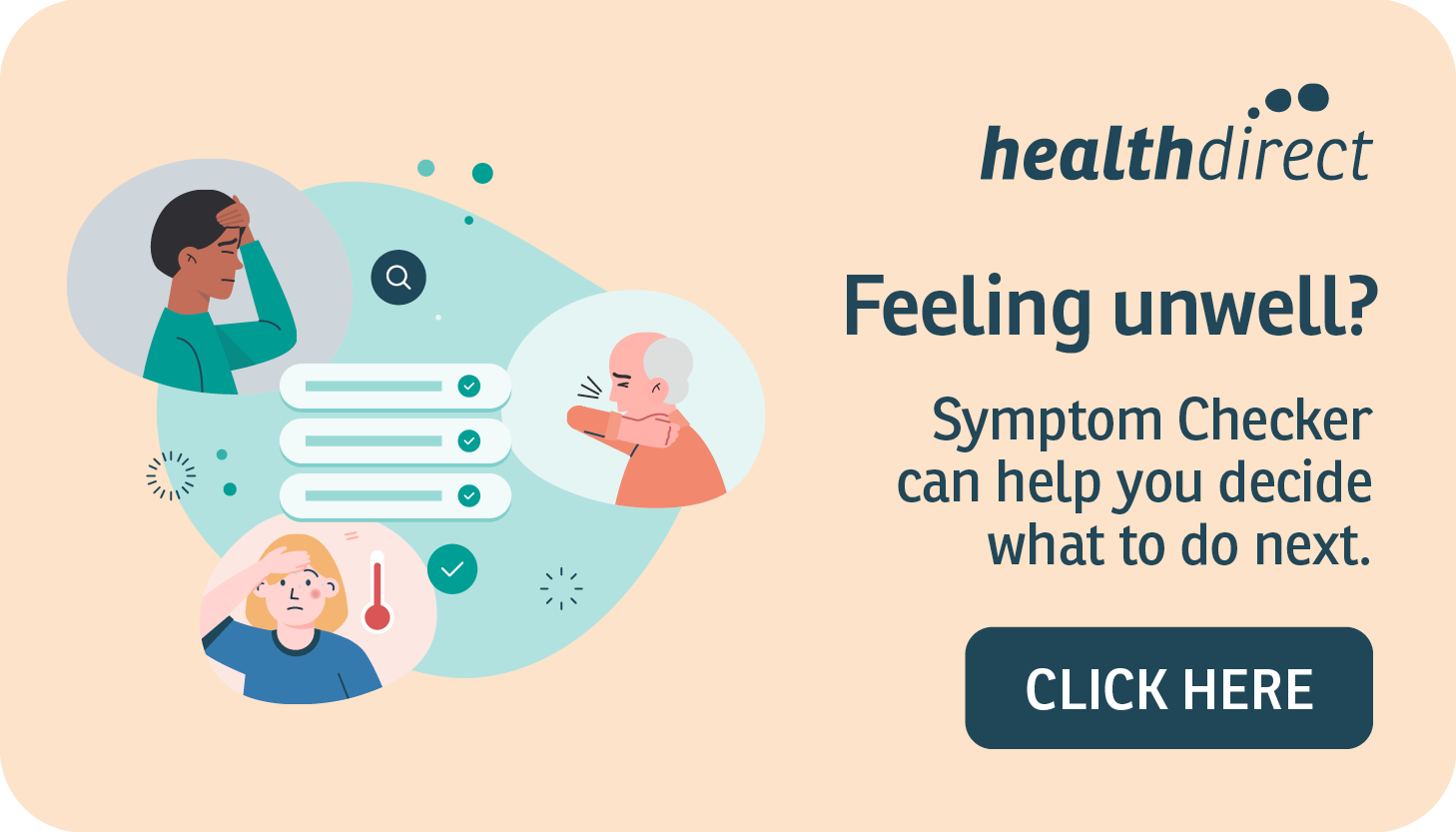.jpg)
The challenges of a changing body during pregnancy and the postpartum period
Each woman goes through physical and emotional changes during pregnancy and birth, and each person will respond to these changes differently. Some women enjoy the physical aspect of carrying and birthing a baby, while for others, a strong dissatisfaction in body image can be triggered or increased at this vulnerable time.
Physical changes such as weight gain, fluid retention, larger breasts, varicose veins and stretch marks can often trigger negative thoughts and feelings. These are exacerbated by hormonal fluctuations, tiredness and mood swings.
Body image concerns in pregnancy can feel overwhelming and have a significant impact on daily life. Then in the postpartum period, women can form unrealistic expectations of their body to return to the way it was.
Pregnant women, regardless of their age, background or culture, can be at risk of developing disordered eating conditions. The factors that contribute to disordered eating are complex. It is crucial to have care and support from family, friends and professionals where appropriate, to help understand and manage these conditions.
Seeking help and support
Women with a current, diagnosed eating disorder should seek medical advice before getting pregnant. With the appropriate support these women can recover and transition to a healthy pregnancy. GPs can provide initial advice, then psychiatrists, dieticians and counsellors can provide more specialist care and support.
If eating and body image issues emerge for the first time during pregnancy, seeking support from pregnancy care professionals is recommended as early as possible, and referral to other professionals may be necessary.
Often guilt, shame or fear can get in the way of seeking help, however it’s helpful to keep in mind that body image issues and disordered eating in the perinatal period are common, and that health professionals are familiar with addressing and treating eating disorders.
Things that can help through this time include sharing feelings with trusted family or friends, avoiding unhealthy media and online spaces that present unrealistic portrayals of pregnancy, parenthood, and the postpartum body, focus on the great work the body is doing to help a baby grow and develop, and regularly engage in appropriate physical activity to feel good.
Shloim, N, Hetherington, MM Rudolf & R.G Feltbower (2015) Relationship between body mass index and women’s body image, self-esteem and eating behaviours in pregnancy: A cross-cultural study. Journal of Health Psychology, 20 (4). pp. 413-426)
Other helpful resources
National Eating Disorders Association

.jpg)

.jpg)

.png)

